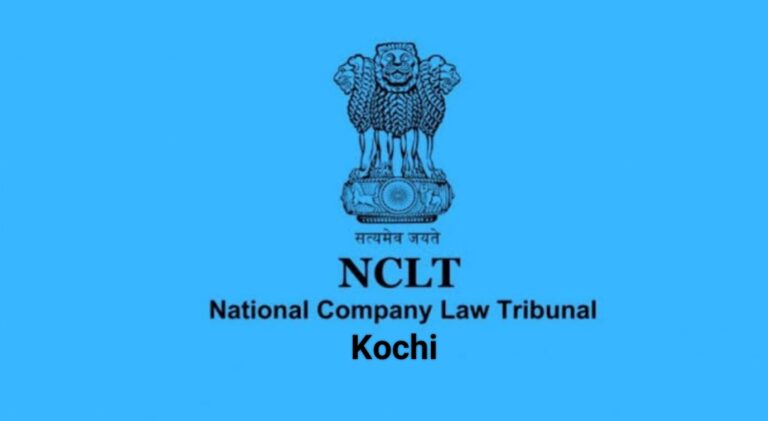The National Company Law Tribunal (NCLT), Kochi Bench, in Kerala Financial Corporation v. Dr. Bharath Chandran & Dr. Ashalatha Nair (Order dated 03 September 2025), held that the timeline prescribed under Section 121(2) of the Insolvency and Bankruptcy Code (IBC), 2016, for filing a bankruptcy application against a personal guarantor is directory and not mandatory.
The ruling arose in the context of a delayed bankruptcy application filed by the Kerala Financial Corporation (KFC) against personal guarantors of a defaulting borrower. The NCLT observed that although Section 121(2) specifies a three-month period for filing such an application, the provision does not prescribe any penal consequence for non-compliance. Therefore, delay in filing can be condoned by invoking the provisions of the Limitation Act, 1963, particularly Section 5, which allows for extension of limitation on sufficient cause being shown.
This decision underscores a flexible and purposive interpretation of procedural timelines under the IBC, ensuring that the objective of insolvency resolution is not defeated by technical delays.
Facts
- The applicant (KFC) had filed an application under Section 123 of the Insolvency and Bankruptcy Code, 2016 (IBC) against personal guarantors (Dr Bharath Chandran & Dr Ashalatha Nair).
- The IBC lays down in Section 121(2) that the bankruptcy application against a personal guarantor should be filed within 3 months of the order of the Adjudicating Authority (AA) under the IBC.
- In this case, the application was filed 266 days after the statutory 3-month window had expired.
- The respondents argued that because the timeline under Section 121(2) was missed, the application was not maintainable.
NCLT Kochi’s observations & holding
- The bench noted that the moratorium for personal guarantors in IBC is governed by Sections 96 and 101, which remains in force for 180 days from admission or until AA passes an order on the repayment plan (under Section 114), whichever is earlier.
- It held that the Limitation Act applies to IBC proceedings (relying on the judgment in B.K. Educational Services Pvt. Ltd. v. Parag Gupta & Associates), so that condonation of delay under Section 5 of the Limitation Act is available.
- Critically: The bench found that the time bar under Section 121(2) is directory, not mandatory. That is because (i) the statute (Section 121(2)) is silent on penal consequences for non-compliance; and (ii) rigid adherence to the timeline would frustrate the object of the statute or cause undue hardship.
- Accordingly, the NCLT condoned the delay and allowed the application to proceed.
Significance / Implications
- This decision reinforces that certain statutory timelines under IBC (here, the 3-month window under Section 121(2)) may be interpreted as directory rather than mandatory — meaning missing them does not automatically invalidate the proceedings, especially if there is no express penalty in the statute.
- For practitioners: Delay may be condoned if one can show cause (e.g., ongoing asset sales, administrative approvals) and reliance on Limitation Act mechanisms.
- For guarantors / respondents: Whilst a delay does not provide an automatic defence, it gives scope to argue that the timeline was mandatory and its breach should lead to dismissal — but as this case shows, the NCLT may not accept that argument.
- It highlights the continuing relevance of the Limitation Act in IBC proceedings and the need to analyze each timeline provision: whether it is inherently mandatory (with clear consequences) or directory (absence of penalty, flexibility allowed).
- It may influence future cases where parties challenge delay in filing under IBC, especially for personal guarantor proceedings (Sections 121-123).
Case Title:
Kerala Financial Corporation v. Dr Bharath Chandran & Dr Ashalatha Nair (IA(IBC)/117/KOB/2025 & IA(IBC)/121/KOB/2025 in CP(IBC)/24/KOB/2022 & CP(IBC)/23/KOB/2022, Order dated 03.09.2025
